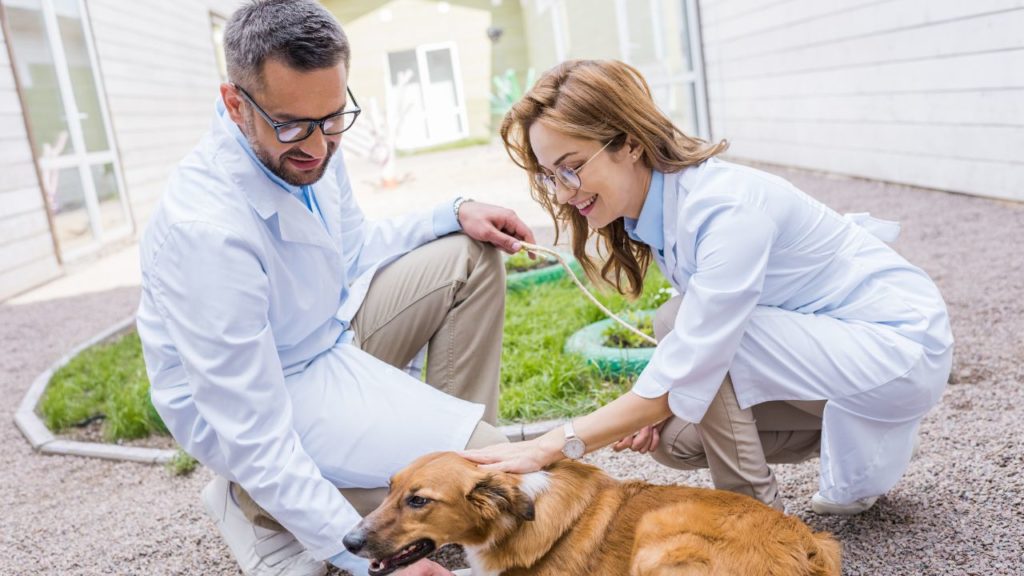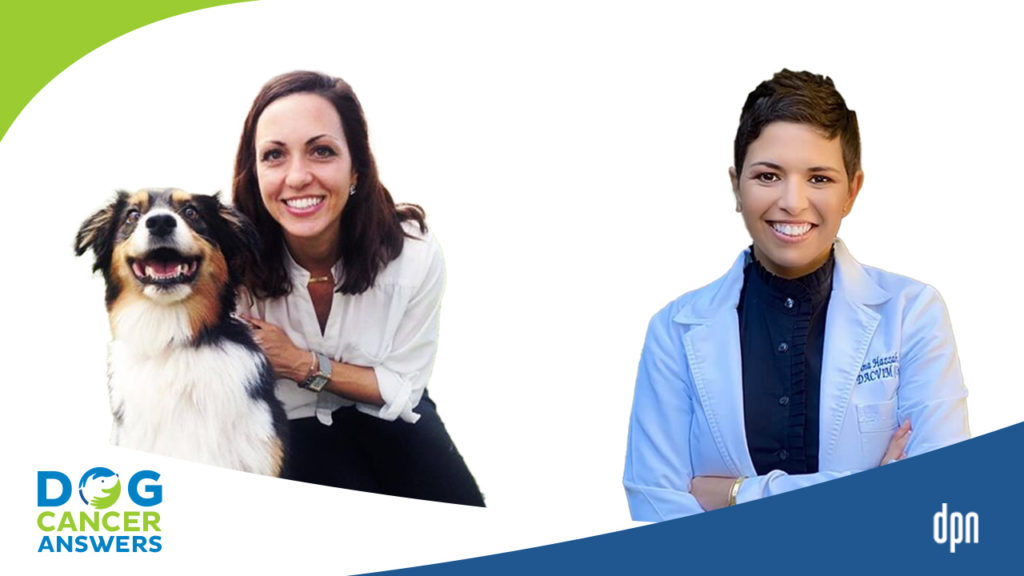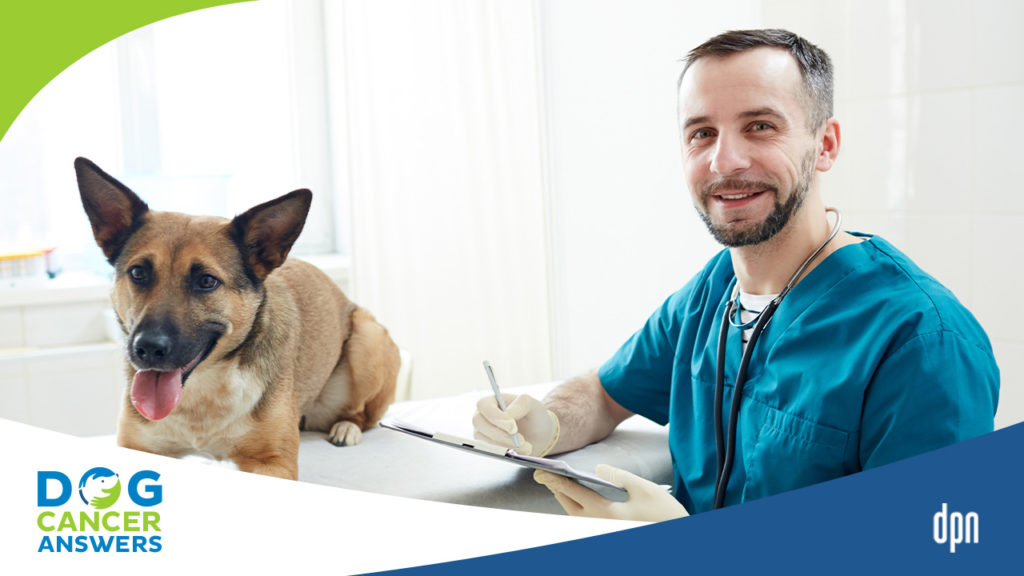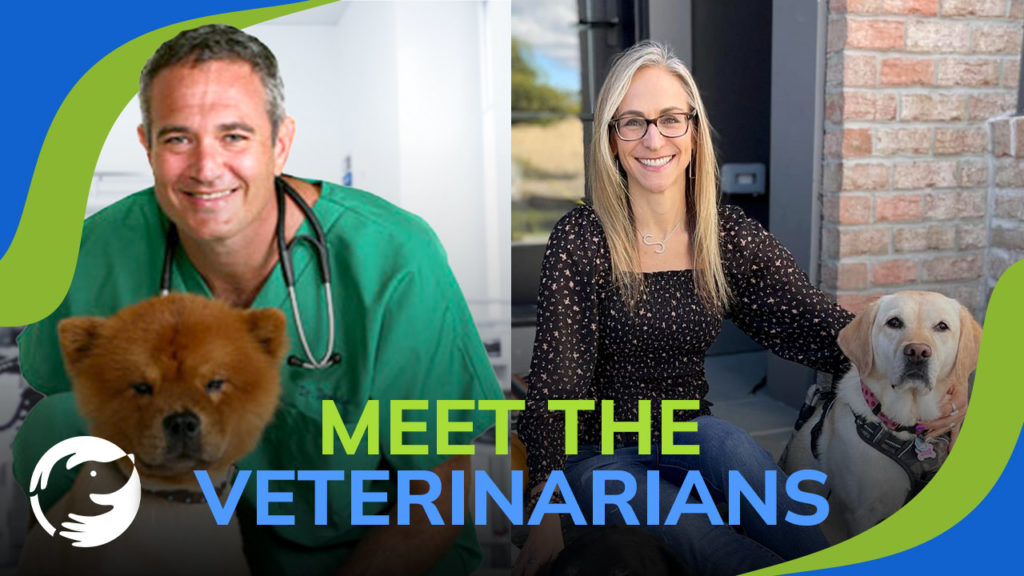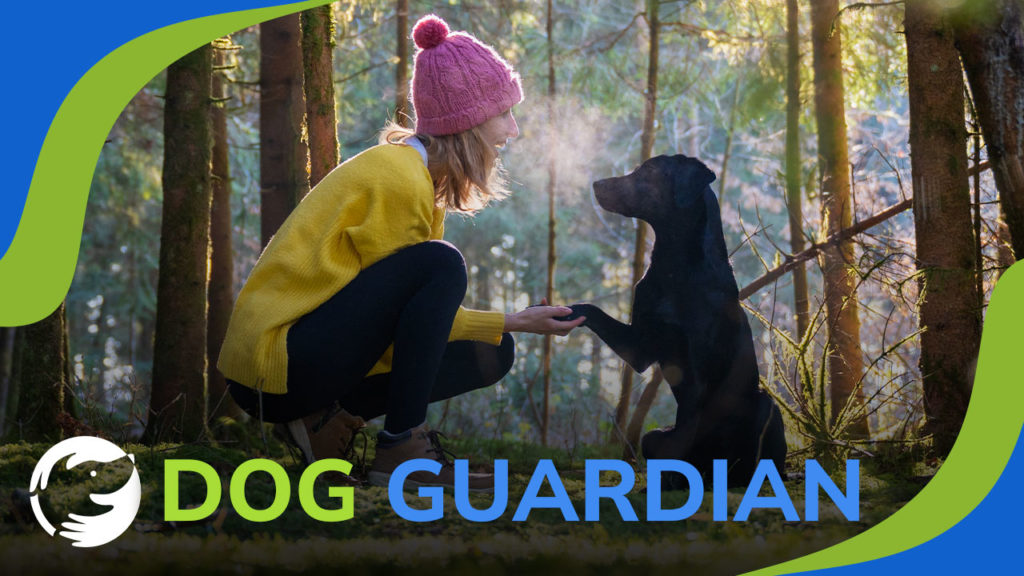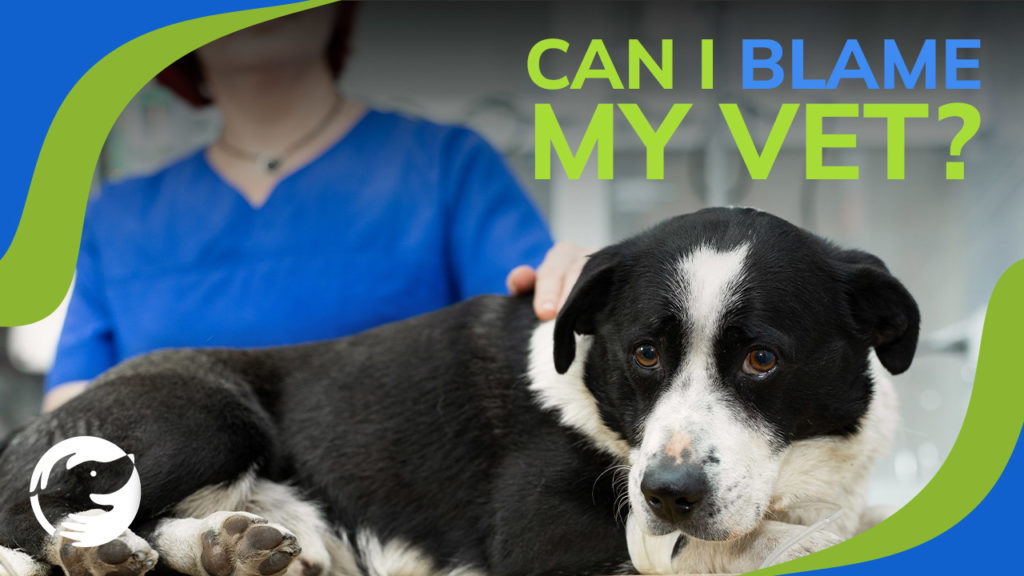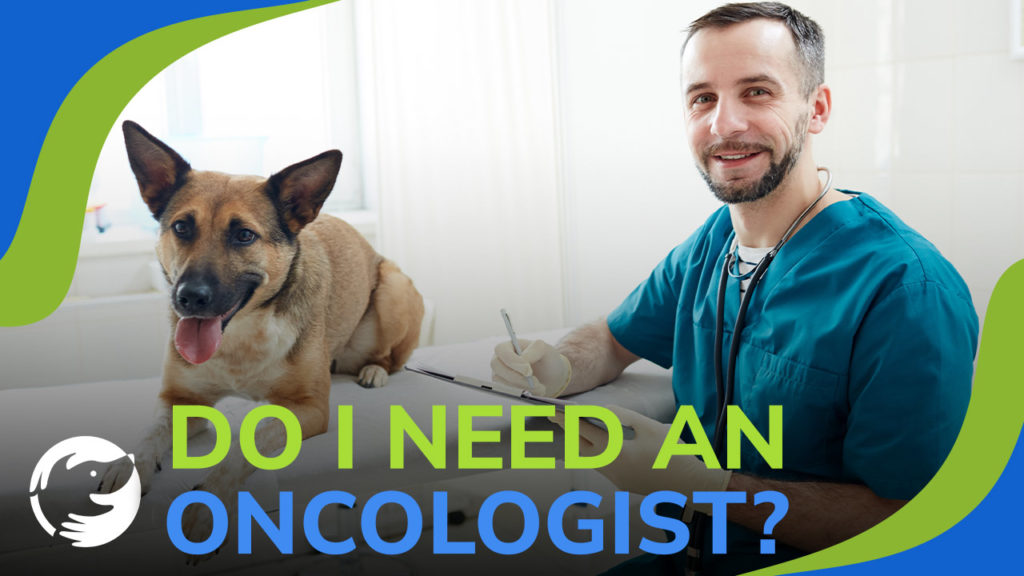
Should You See an Oncologist for Your Dog’s Cancer?
Where should you seek a cancer diagnosis and treatment plan? Are biopsy and imaging important? Also, what if a veterinary oncologist isn't nearby?
James Jacobson: Here’s a question that we get a lot. When should I see a Veterinary Oncologist? I’m gonna throw this question to you Dr. Ettinger in New York since you are a Veterinary Oncologist. When should someone see a Veterinary Oncologist and I guess the other question is why?
Dr. Susan Ettinger: Oh that’s a great question. I think you should come and see an Oncologist as soon as the diagnosis of your pet’s cancer has been confirmed by your regular Veterinarian.
James Jacobson: Okay, now I know Dr. Dressler not everyone chooses to go the route of a traditional, the traditional things in terms of chemotherapy and radiation. Do you have any thoughts about when it’s appropriate to see a Veterinary Oncologist is it all the time and are there certain situations when you would, you would not? What are your thoughts?
Dr. Demian Dressler: Well, It is a really good question. One of the fundamental skills that we talk about in dealing with dog cancer is really becoming an advocate for your pet and being a real guardian. A big piece of guardianship is decision making and you can make good decisions unless you have information. You need to gather the information and an Oncologist is really very, very skilled at giving you information concerning in particular chemotherapy and radiation and in some cases surgery. So if you’re contemplating using those treatments which are the conventional treatments for dog cancer, you should at least try to see an Oncologist so you can get the information to arm yourself to make a good decision concerning the well-being of your dog. You may also wanna ge…Oh go ahead Jim.
James Jacobson: Now Dr. Ettinger…I was gonna say Dr. Ettinger, what happens usually, I mean I know every case is different, but what happens usually the first time a client or patient comes in? What do you normally go through?
Dr. Susan Ettinger: Well, we get a good history of the pet and when the symptoms are, of this cancer were first noticed by the owner, when a bump was noticed or when it was picked up on X-rays or some sort of imaging, we do a complete physical exam just like the regular Veterinarian. Then we will really gonna talk to the owners about the biopsy, about the diagnosis of cancer and we can make some generalizations of how this cancer behaves. Is it a malignant cancer, is it going to spread? One of the really things that’s super important is to figure out has it spread at time of diagnosis, so for different cancers it may be different but we may do some chest X-rays or CT scans or ultrasounds that are gonna help us figure out has the cancer spread and then what are the recommendations after that point.
James Jacobson: Dr. Ettinger, I understand that there are approximately 200 or less Oncologists or Veterinary Oncologist in North America, is that right? What happens if…
Dr. Susan Ettinger: I think it’s about…
James Jacobson: What happens if, well, do you know what the number is cause I…
Dr. Susan Ettinger: I think it’s about 300.
James Jacobson: 300, okay.
Dr. Susan Ettinger: Yup.
James Jacobson: What happens if you are in a community where there isn’t an Oncologist nearby?
Dr. Susan Ettinger: Yeah, unfortunately that’s a common problem in certain parts of the country. It’s less of a problem in the urban areas where there may be more Oncologists. You can go to acvm.org and there’s a little tab where you can try to find a specialist near you and you could put in your state or your zip code. It could at least tell you what Oncologist maybe near you. In other parts of the country you may need to turn into an Internist, Internal Medicine specialist. In those areas where there is not an Oncologist they often become pretty savvy and have, can be a good source, referral source for you for that situation.
James Jacobson: Okay, Dr. Dressler, any final thoughts on when to see an Oncologist?
Dr. Demian Dressler: Well again there, the bottomline is when you’re contemplating chemotherapy, when you’re contemplating radiation and in many cases surgery, it’s always useful to get all of the information you need. Don’t forget that we have a wide variety of different tools in our toolbox for dealing with dog cancer. Diet, supplements, brain chemistry modification, life quality enrichment, all these various things and we need to use a full spectrum approach so that we can maximize the outcome and get the benefit of the use of each of these different tools. The benefit is very real.
James Jacobson: Okay, Dr. Dressler in Hawaii, and Dr. Ettinger in New York, thank you very much for being with us.
Dr. Susan Ettinger: Thank you.
Dr. Demian Dressler: Thank you.
Topics
Did You Find This Helpful? Share It with Your Pack!
Use the buttons to share what you learned on social media, download a PDF, print this out, or email it to your veterinarian.
